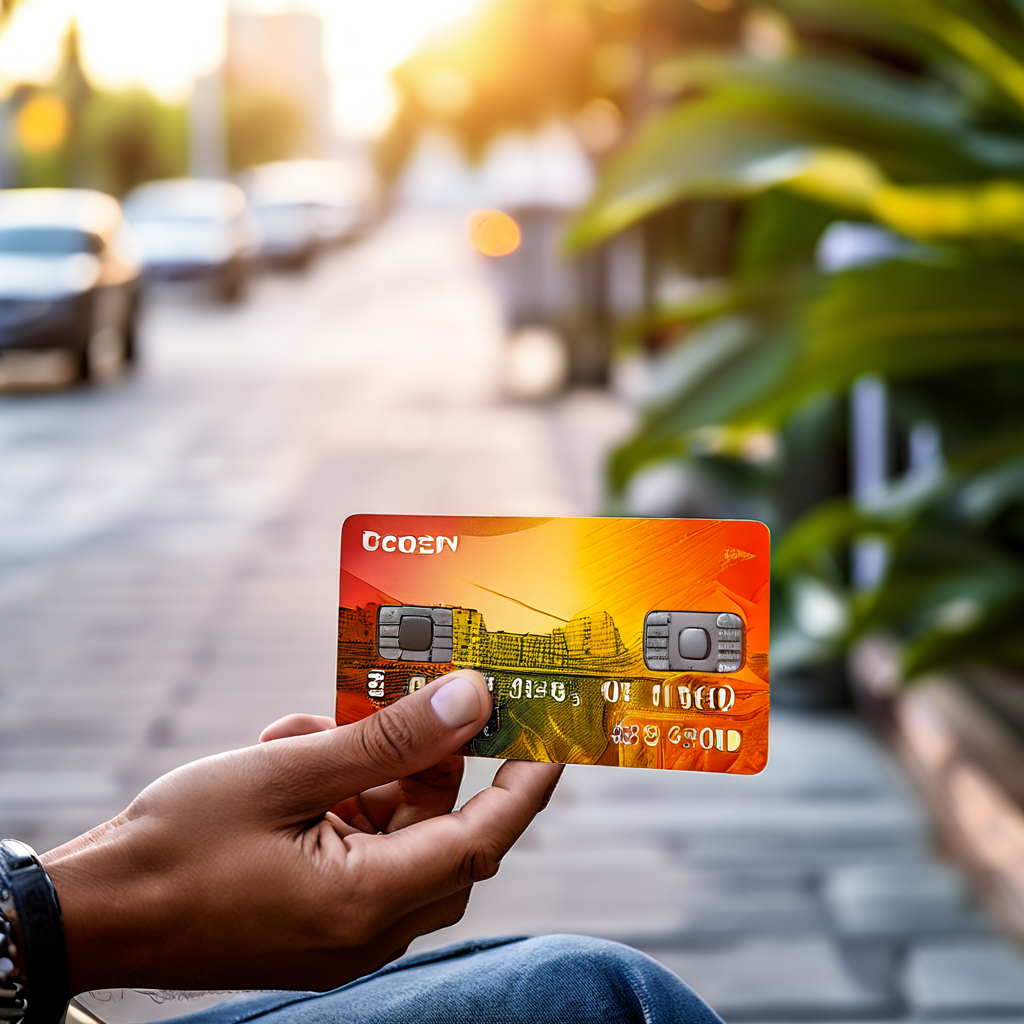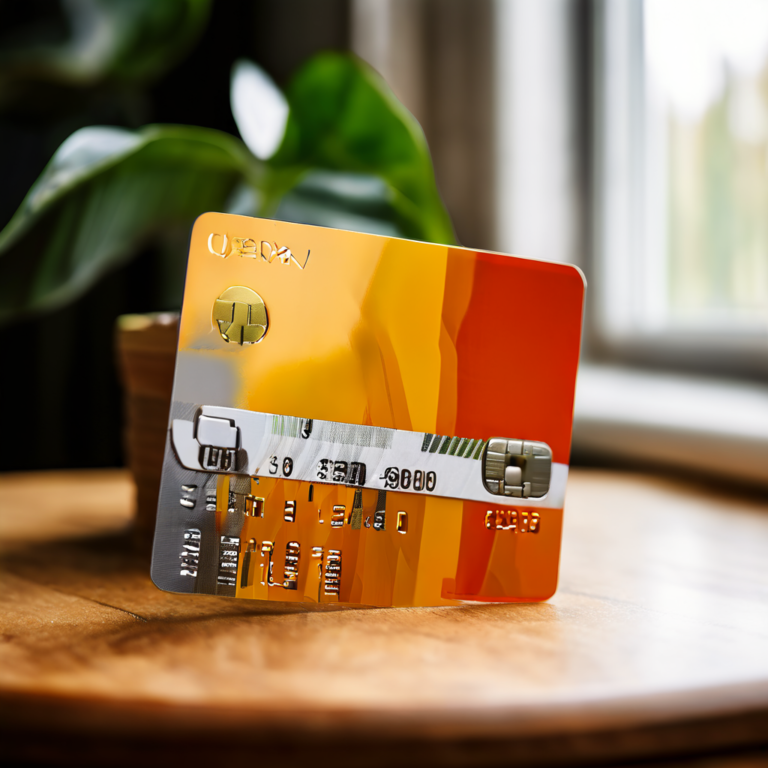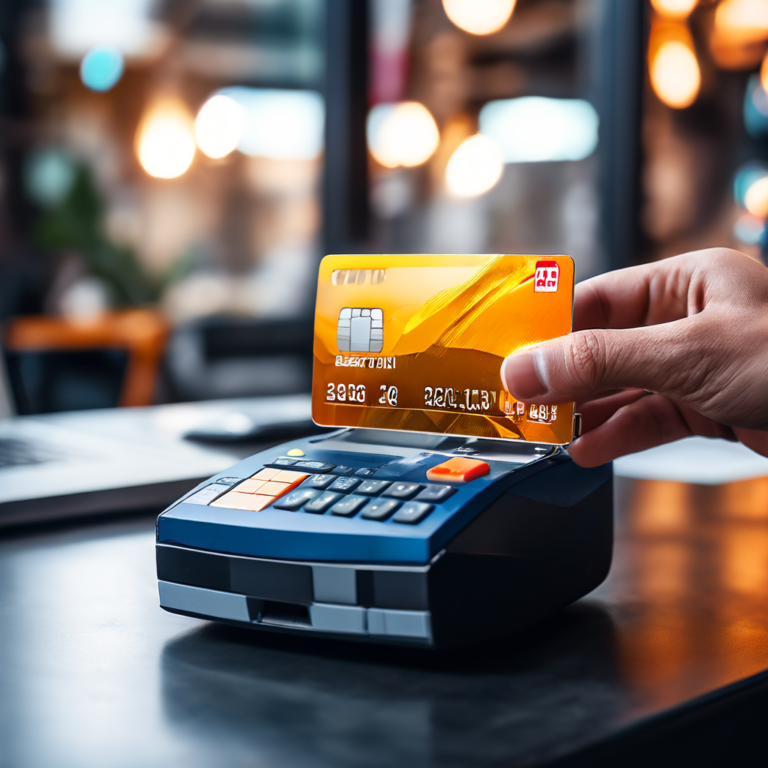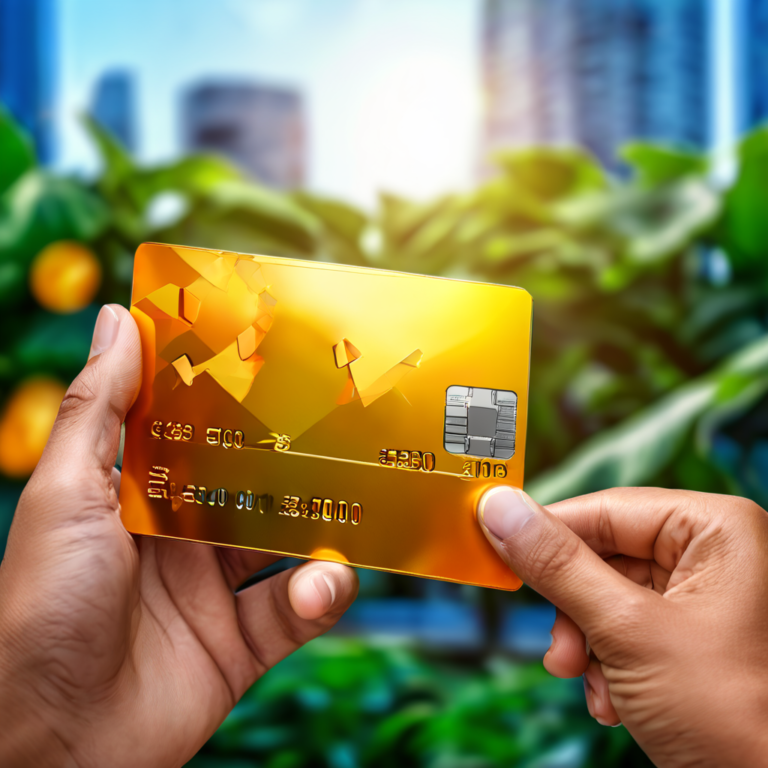The Dos and Don’ts of Using Credit Cards Wisely
Introduction
Credit cards can be incredibly useful, offering convenience, rewards, and the ability to build credit. However, if used carelessly, they can also lead to overwhelming debt and financial stress. Understanding the right way to manage your credit cards can help you avoid pitfalls while maximizing benefits. In this article, we’ll explore the key dos and don’ts of using credit cards wisely so you can make the most of your financial opportunities.
The Dos of Using Credit Cards Wisely
Credit cards can be powerful financial tools when used responsibly. By following best practices like paying your balance in full, keeping your utilization low, and maximizing rewards, you can build credit, avoid unnecessary debt, and make the most of your card’s benefits.
Pay Your Balance in Full Each Month
One of the most important habits for responsible credit card use is paying off your balance in full every month. Carrying a balance leads to interest charges, which can quickly erode any rewards or benefits you earn.
- Avoid Interest Charges – Most credit cards have a grace period that allows you to avoid interest if you pay the full statement balance by the due date.
- Prevent Debt Accumulation – Even a small unpaid balance can snowball into a large amount due to high Annual Percentage Rates (APRs), often above 20%.
💡 Tip: Set up automatic payments for the full balance each month to ensure you never miss a payment or incur interest.
Make Payments on Time
Your payment history is the most significant factor in your credit score, accounting for 35% of your FICO score. A single late payment can lower your score and lead to late fees.
- Impact on Credit Score – On-time payments signal financial responsibility, while late payments can stay on your credit report for seven years.
- Avoid Late Fees and Penalty APRs – Many issuers charge up to $40 for late payments, and some may even apply a higher penalty APR (often above 29%).
How to Never Miss a Payment:
✅ Set up autopay for at least the minimum payment to avoid penalties.
✅ Use calendar reminders or alerts from your banking app.
✅ Schedule payments in advance if you get paid irregularly.
💡 Tip: Even if you can’t pay in full, always make at least the minimum payment to avoid late fees and negative credit impacts.
Keep Your Credit Utilization Low
Credit utilization—the percentage of your available credit that you’re using—accounts for 30% of your credit score. A high utilization rate can lower your score and make you seem risky to lenders.
- Stay Below 30% – If your credit limit is $10,000, try to keep your total balance below $3,000 at any time.
- For the Best Scores, Stay Below 10% – Borrowers with excellent credit often keep their utilization below 10%.
- Pay Balances Early – Since card issuers report balances at the end of the billing cycle, making a payment before the statement closes can help keep reported utilization low.
💡 Tip: If you regularly use more than 30% of your limit, ask for a credit limit increase or make mid-month payments to lower your reported balance.
Take Advantage of Rewards and Perks
Most credit cards offer valuable cashback, travel rewards, or purchase protections—but many people fail to maximize them.
- Maximize Rewards – Use the right card for the right purchase (e.g., a travel card for flights, a dining card for restaurants).
- Redeem Strategically – Cash back and travel points can lose value if redeemed poorly. Look for high-value redemptions, such as airline transfer partners.
- Utilize Perks – Many cards offer extended warranties, purchase protection, rental car insurance, and travel benefits that can save you money.
💡 Tip: Regularly review your card’s rewards program and perks so you don’t miss out on valuable benefits.
Monitor Your Transactions Regularly
Fraudulent charges and billing errors can go unnoticed if you’re not checking your account frequently.
- Early Detection of Fraud – Identity theft and fraud can be caught early by reviewing transactions weekly or setting up account alerts.
- Dispute Unauthorized Charges – If you spot an unfamiliar charge, contact your card issuer immediately to dispute it. Most cards have zero-liability policies for fraud.
- Track Spending – Monitoring transactions helps you stay within your budget and avoid overspending.
💡 Tip: Use your bank’s mobile app or online banking portal to check transactions regularly.
Use Credit Cards to Build Credit
A credit card is one of the best tools to establish and improve your credit score—as long as you use it responsibly.
- Build a Positive Credit History – Regular, on-time payments help establish a strong credit profile.
- Length of Credit History Matters – The longer you keep an account open, the better it is for your credit score.
- Improve Future Loan Approvals – A strong credit history makes it easier to qualify for mortgages, auto loans, and other credit products at lower interest rates.
💡 Tip: Keep old accounts open, even if you don’t use them often, to maintain a long credit history.
Choose the Right Card for Your Needs
Not all credit cards are the same, and picking the wrong one can mean higher costs or fewer rewards. Consider these factors:
- Compare APRs – If you carry a balance, look for a card with a low interest rate or 0% intro APR.
- Check the Rewards Program – Choose a card that aligns with your spending habits (cashback, travel points, business rewards).
- Evaluate Fees – Some cards have annual fees, but they may be worth it if the perks outweigh the cost.
💡 Tip: Use online comparison tools to find the best credit card for your lifestyle and financial goals.

The Don’ts of Using Credit Cards
Credit cards offer convenience and financial flexibility, but misusing them can lead to costly mistakes. From carrying high balances to closing accounts prematurely, these missteps can negatively impact your credit score, financial health, and long-term wealth-building potential. Below are the key credit card habits to avoid and why they matter.
Don’t Carry a High Balance
One of the most common mistakes credit card users make is carrying a balance instead of paying it off in full each month. This leads to interest accumulation, making purchases significantly more expensive over time.
- Compounding Interest – Credit card interest compounds daily, meaning the longer you carry a balance, the more you owe.
- Growing Debt – A high APR (Annual Percentage Rate) can quickly turn a small balance into a large one if left unpaid.
- Reduced Credit Score – High balances increase your credit utilization ratio, which can lower your credit score.
💡 Tip: Always aim to pay off your full statement balance to avoid interest charges.
Don’t Max Out Your Credit Limit
Maxing out your credit cards—or even getting close to your limit—can hurt your credit score and limit your financial flexibility.
- Negative Impact on Credit Score – Credit utilization accounts for 30% of your FICO score. Keeping it below 30% (or ideally under 10%) is best.
- Higher Risk to Lenders – A maxed-out card signals financial distress, making lenders hesitant to extend new credit.
- Potential Account Restrictions – Some issuers may reduce your credit limit or increase your interest rate if you frequently max out your card.
💡 Tip: If you regularly spend a high percentage of your limit, request a credit limit increase or make mid-cycle payments to keep your utilization low.
Don’t Open Too Many Cards at Once
Applying for multiple credit cards in a short period can hurt your credit score and make you appear risky to lenders.
- Hard Inquiries Lower Your Score – Every new credit card application results in a hard inquiry, which can lower your credit score by 5-10 points per application.
- Shortened Average Credit Age – Opening multiple cards at once reduces the average age of your accounts, another factor that affects your credit score.
- Harder to Manage Payments – More cards mean more due dates to track, increasing the risk of missed payments and late fees.
💡 Tip: Space out new credit card applications by at least six months to minimize the impact on your credit score.
Don’t Use Credit for Unnecessary Purchases
Credit cards should be used as a financial tool, not an excuse for impulse buying or lifestyle inflation.
- Easy Access to Credit Can Lead to Overspending – Swiping a credit card doesn’t feel the same as spending cash, making it easier to rack up unnecessary expenses.
- Interest Cancels Out Rewards – If you’re carrying a balance, the interest charges can outweigh any cashback or rewards you earn.
- Potential for Debt Cycles – Using credit to fund non-essential purchases (e.g., luxury items, vacations, or dining out) can lead to long-term debt accumulation.
💡 Tip: Before making a purchase, ask yourself: “Would I still buy this if I had to pay cash?” If not, reconsider the purchase.
Don’t Ignore Your Credit Card Terms
Every credit card comes with specific terms and conditions, and failing to understand them can lead to unexpected fees and higher costs.
- Introductory Offers Have Expiration Dates – Many 0% APR or sign-up bonus promotions expire after a certain period, leaving you with a higher interest rate or unexpected fees.
- Penalty APRs Can Be Triggered – Missing a payment may trigger a penalty APR, often 29% or higher, making future purchases much more expensive.
- Balance Transfer Fees Add Up – Some cards charge 3-5% fees on transferred balances, which can reduce the savings from a 0% APR offer.
💡 Tip: Always read the fine print, especially regarding interest rates, fees, rewards structures, and penalties.
Don’t Only Make Minimum Payments
Paying only the minimum due each month is one of the worst habits for credit card users because it extends your debt repayment period and increases interest costs.
- Debt Grows Faster – Minimum payments mostly cover interest, not the principal, meaning your balance takes years to pay off.
- Higher Interest Charges – A $1,000 balance at 20% APR could take years to pay off if only minimum payments are made.
- Long-Term Credit Score Damage – Carrying a balance affects your credit utilization ratio, making it harder to qualify for better loan rates.
💡 Tip: Pay more than the minimum, and if possible, pay off the full balance every month.
Don’t Close Old Credit Accounts Without a Strategy
Closing an old credit card might seem harmless, but it can hurt your credit score in two key ways:
- Reduces Credit History Length – The length of your credit history accounts for 15% of your FICO score. Closing an old card shortens this history.
- Increases Credit Utilization – If you close a card with a high credit limit, your overall available credit decreases, raising your credit utilization ratio.
✅ When It’s Okay to Close a Card:
- If it has a high annual fee that doesn’t justify the benefits.
- If it encourages overspending or has unfavorable terms.
- If you already have several other active credit accounts.
💡 Tip: If you want to close an old card, consider downgrading to a no-annual-fee version instead of canceling it outright.
FAQs
Q: What should I do to use my credit card responsibly?
A: Always pay your balance in full each month to avoid interest charges.
Q: Is it good to pay more than the minimum payment?
A: Yes, paying more than the minimum reduces interest costs and helps pay off debt faster.
Q: Should I monitor my credit card statements?
A: Absolutely! Regularly reviewing your statements helps catch fraudulent charges and track spending.
Q: How can I use my credit card to improve my credit score?
A: Keep your credit utilization low (below 30% of your limit) and make on-time payments.
Q: Is it beneficial to use credit card rewards?
A: Yes, but only if you redeem them wisely, such as for travel, cashback, or other high-value options.
Don’ts:
Q: Is it okay to carry a balance on my credit card?
A: No, carrying a balance accrues interest and can lead to debt problems.
Q: Should I max out my credit limit?
A: No, maxing out your card increases your credit utilization and can hurt your credit score.
Q: Can I open multiple credit cards at once?
A: It’s not recommended. Applying for several cards in a short time can lower your credit score.
Q: Is it a good idea to ignore my due dates?
A: No, missing payments can lead to late fees, higher interest rates, and credit score damage.
Q: Should I use my credit card for cash advances?
A: Avoid it if possible—cash advances come with high fees and interest rates.
Conclusion
Using credit cards wisely requires discipline, awareness, and a solid financial strategy. By following key dos—such as paying on time, keeping balances low, and maximizing rewards—you can take advantage of all the benefits credit cards offer. At the same time, avoiding common mistakes—like overspending, missing payments, or carrying high balances—will help you maintain financial stability. When used correctly, credit cards can be powerful tools that enhance your financial health rather than becoming a burden.





